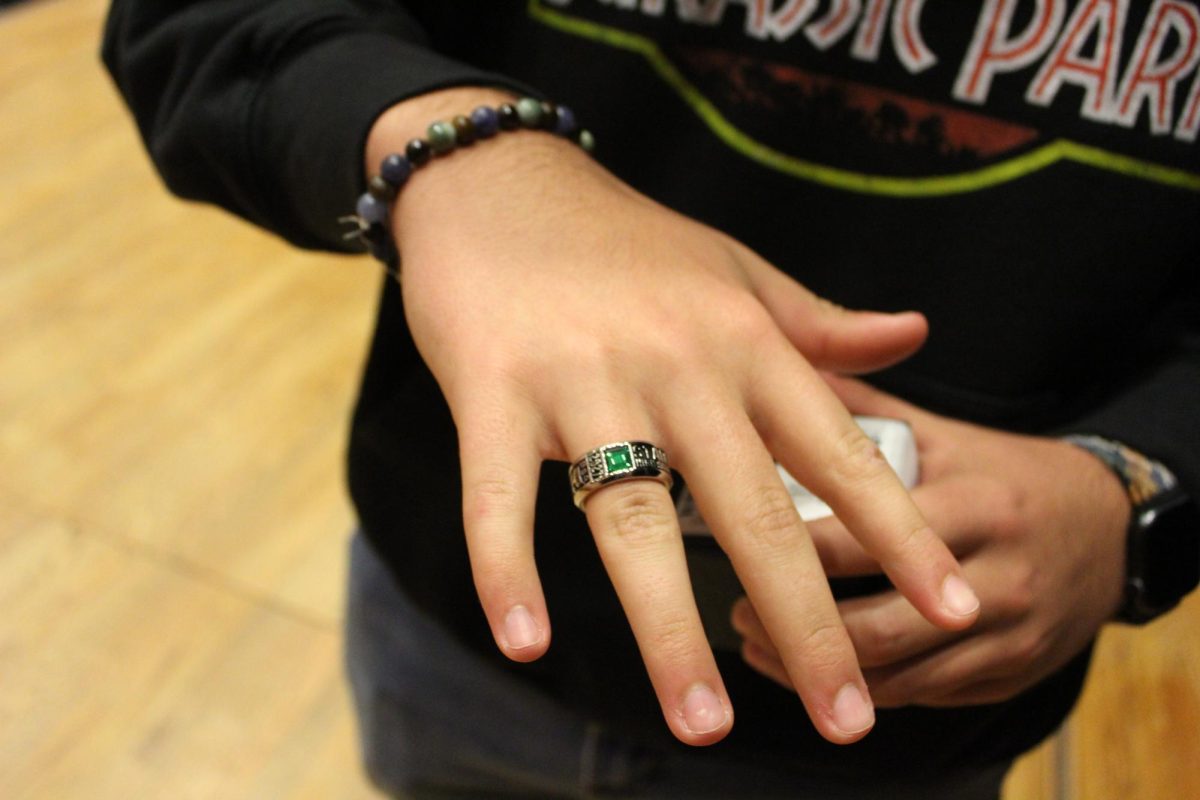Body Shaming
Pop Culture Begins Notorious New Trend
December 2, 2014
Recently, a new phenomenon has sprung about in pop-culture: skinny shaming. Songs like Nicki Minaj’s “Anaconda” and Meghan Trainor’s “All About That Bass” are catchy, but the lyrics defame skinny women. This is not an uncommon thing. Body shaming is becoming popular throughout all aspects of social media and entertainment. Our society has promoted thin, toned bodies for so long; is it really possible to promote a thick body without shaming those on the opposite end of the spectrum?
On some level, everyone is guilty of degrading someone else for their body; whether it’s our friends, family, people in public, or celebrities. We rarely stop and gage how harsh it is to not only the people being critiqued, but also to us. Over time, we begin to think that it’s “ok” to skinny or fat shame others, resulting in self-scrutiny.
Earlier this year, “Man Vs. Food’s” Adam Richman, who lost weight through healthy eating and relentless exercise, used the hash tag “#Thinspiration” on Instagram. This is usually a term used to promote eating disorders. When confronted on the term, Richman used insults and offensive comments to defend himself, due to his lack of knowledge on the term he used.
The “being skinny is better than being fat” motto is something that is used a lot. Curvy girls have developed a new way of thinking aimed at supporting a heavier frame, but this has led us to bash people for being “too skinny.” Beauty comes from difference.
This is the main issue with body bashing in pop culture. We have started to alienate more people than we are trying to support with negative, pessimistic views and remarks.
It’s hard to live in a world where your body matters so much. It’s hard for skinny men and women. It’s hard for overweight men and women. It’s hard for everyone in between.
As a society, all we should promote is a healthy body. You can be thick and be healthy. You can be skinny and be healthy. This is the only beneficial way to support somebody’s figure without causing detriment toward both women and men’s body image.


























